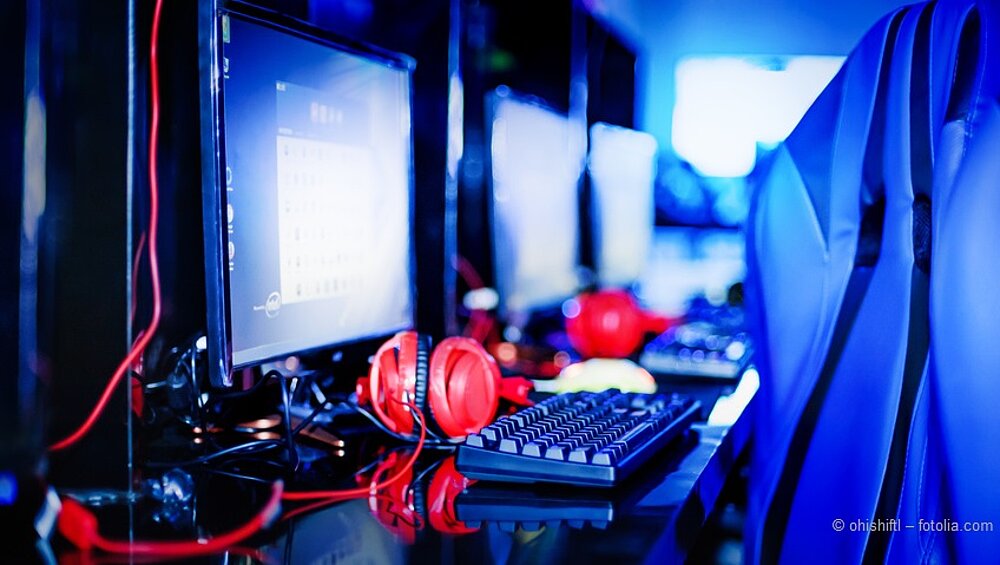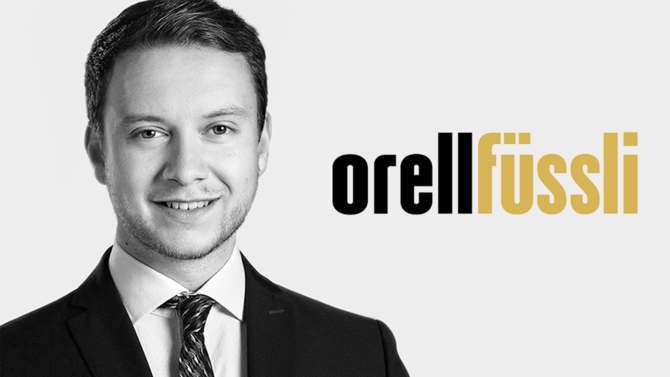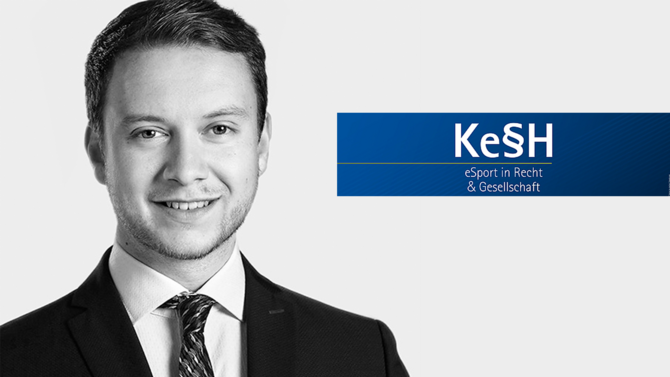Find out today what the legal world will be talking about tomorrow.
28.10.2019
An upgrade for eSports? The eSports scene has been fighting for a long time to have eSports recognized as a sport. Again and again, its efforts are encountering resistance – rightly so?

According to media reports, the German Olympic Sports Federation (DOSB) wanted to know whether eSports can be recognized as a non-profit activity and commissioned Prof. Fischer, former Chairman of the Federal Finance Court, to draft a comprehensive legal opinion. His 120-page response partly confirms the German Olympic Sports Federation’s rather conservative view, which has in principle opposed the recognition of eSports as a sport to date. It also contains some critical statements, however. Dr. Markus Brock, Partner at SKW Schwarz’s Berlin office and co-organizer of the upcoming eSports event “Esport Level-Up” on November 6, 2019, discussed current topics with Hans Jagnow, President of German Esports Federation ESBD.
Dr. Markus Brock: Why is the eSports movement attaching so much importance to eSports being recognized as a “classic” sport? Is this just a matter of principle?
Hans Jagnow: No, quite the opposite. There are primarily two aspects that such a recognition would entail: The legal opinion commissioned by the German Olympic Sports Federation dealt with the issue of whether eSports should be recognized as having non-profit status. In addition to social aspects such as promoting joint projects via eSports, this would also have tax advantages under the Tax Code that would apply to non-profit associations.
Dr. Markus Brock: That makes sense. In the context of our legal advice to players on the eSports scene, we have repeatedly noticed that, particularly among younger generations, eSports is already partially replacing “classic” sports in practice. It would therefore only be logical to implement this equality in terms of sports law as well. What is the second aspect?
Hans Jagnow: Secondly, professional eSports athletes from third countries are currently finding it difficult to enter Germany due to bureaucratic hurdles that do not apply to professional athletes of “classic” sports disciplines. Because of the high entry fees and the prize money handed out at these events, eSports athletes from third countries still need a residence permit for the purpose of gainful employment to enter the EU. In the current solution, they are only allowed to stay in Germany for a maximum of 90 days per year to participate in events with a sports character – which is what eSports tournaments are now considered.
Markus Brock: I’ve heard this could change soon?
Hans Jagnow: Absolutely! In September, the Federal Ministry of Labor and the Federal Ministry of the Interior presented a welcome draft bill that is intended to simplify labor migration as a whole. Among other things, it provides for professional foreign eSports athletes to be granted residence permits in the future without approval by the Federal Employment Agency, provided that certain conditions are met. This equal treatment of professional athletes with professional eSports athletes would be an important step in establishing eSports in Germany and would considerably simplify the organization of international tournaments and league operations.
Dr. Markus Brock: Interesting! With the Tax Code stating that “chess is considered a sport,” the criterion of physical activity can therefore not be the reason why eSports has not yet been recognized as a sport.
Hans Jagnow: The jurisdiction of the Federal Finance Court and the Court of Justice of the European Union considers physical activity in sports to be necessary. As a legal fiction, chess has a special position in the Tax Code. But eSports does not even have to use this comparison: the Federal Finance Court also holds that precise artistic movements meet the requirements of physical performance, which in eSports relates to the precise operation of the input devices. In its decision on IPSC shooting, the Federal Finance Court recently made it clear that the concept of sports also encompasses precision sports.
Markus Brock: Does the expert opinion commissioned by the German Olympic Sports Federation reject the general recognition of eSports as a sport?
Hans Jagnow: The legal opinion rejects the recognition of the sports status of eSports in view of a lacking non-profit status within the meaning of the Tax Code. Although it discusses the topic in detail, it does not address all aspects that we believe to be relevant and that should have been weighed against each other.
Dr. Markus Brock: What effects will the legal opinion have on the German Olympic Sports Federation’s position from your point of view?
Hans Jagnow: The legal opinion, which has meanwhile also been subjected to a fair amount of professional criticism, has added more confusion to the debate instead of more clarity. The German Olympic Sports Federation’s own positioning is being attacked by the paper. At the same time, political and social resistance is forming against the backward-looking position. And the teams that are actually concerned in this discussion continue to lack orientation and security. From my point of view, the German Olympic Sports Federation should take the opportunity to help shape how eSports can best be promoted in our sports society, rather than trying “not to have eSports participate in the game.”
Dr. Markus Brock: Dear Hans, as I can see, the last word on this subject has not been spoken by any means. I am already looking forward to discussing with you at our upcoming “Esport Level-Up” event how eSports can be further strengthened in terms of the law. Thank you very much for this interview!

![[Translate to English:] [Translate to English:]](https://www.skwschwarz.de/fileadmin/_processed_/c/0/csm_Header_ELLG_4d88ba8ff7.png)
